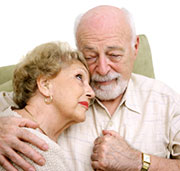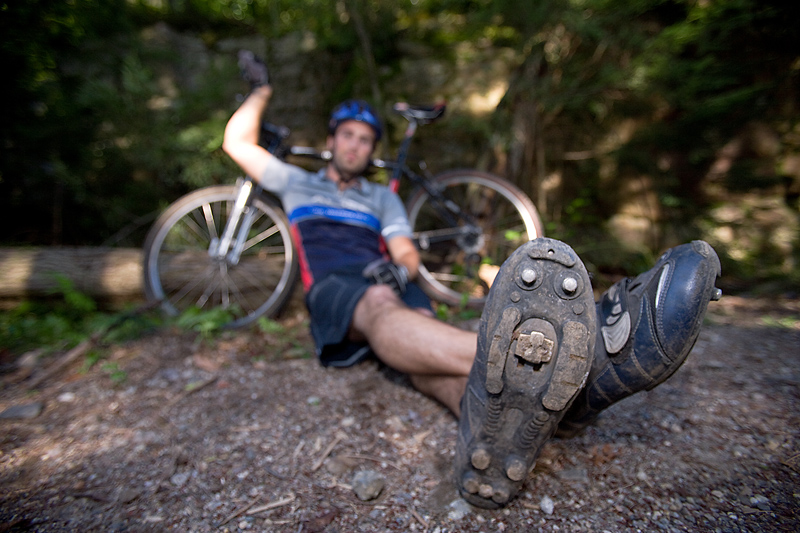
TUESDAY, May 26, 2015 (HealthDay News) — Hospice care may help a surviving spouse better cope with depression following the death of a loved one, a new study reports.
Survivors are just as likely to be depressed following the death of their life partner whether or not hospice eased the patient’s suffering and helped them pass with dignity, researchers at Mount Sinai School of Medicine found.
But hospice care seems to provide a modest benefit in terms of a survivor’s ability to recover from that depression, said lead author Katherine Ornstein, an assistant professor of geriatrics and palliative medicine at the Icahn School of Medicine at Mount Sinai in New York City.
“If a spouse dies, you’re more likely to be depressed. That’s the way it is. Hospice doesn’t get rid of that,” Ornstein said. “But we found that the group in hospice is improving afterward. Your likelihood of having reduced depression going forward is increased because of hospice.”
Researchers embarked on this study to get a better understanding of how hospice might help families deal with the loss of a loved one. It’s the first national study to examine these potential benefits of hospice, Ornstein said.
Hospice is set up to provide care not only for the patient, but for the family as well, Ornstein said. Family members are given counseling prior to the patient’s death, and bereavement services after the person has passed.
“Hospice is sort of unique in that it includes provision of support for families,” she said. “It’s actually bundled into the payment for the patient.”
The study is published in the May 26 issue of JAMA Internal Medicine.
The new research focused on the spouses of more than 1,000 people who died between 2002 and 2011. The spouses had taken part in a regular national survey on aging called the Health and Retirement Study. About 30 percent of the deceased had used hospice services for three or more days in the year before their death.
Around half of the surviving spouses developed symptoms of depression following their loved one’s death, regardless of whether the patient died with or without hospice care, the study reported.
But about 28 percent of spouses of hospice users had improved depression scores over time, compared with 22 percent of spouses whose partners didn’t use hospice, the researchers found. They noted that this trend didn’t reach statistical significance, however.
There are some reasons why hospice might help spouses recover more quickly.
By treating the patient’s pain and distress, hospice could be protecting people from having to watch their loved ones suffer, suggested both Ornstein and Holly Prigerson, a professor of sociology in medicine at Weill Cornell Medical College in New York City.
“Patients who die better have family members who survive better, or adjust better to their loss,” said Prigerson, who wrote an editorial accompanying the new study.
Prigerson speaks from experience, having sat with her father as he died of pancreatic cancer in 1999.
“I was sitting there in the hospital, looking at him. He was delirious. He was orange. He was choking. He would collapse and fall down,” she recalled. “There were all of these things that, as a loving family member, I was witnessing, and I felt hopeless and frightened.”
Counseling before and after death also likely helps ease the burden of survivors, Ornstein added.
Still, the positive effect of hospice was modest. Prigerson said she wasn’t surprised at all by that.
“The biggest predictor of prolonged grief is a dependent attachment on the person who’s dying,” she said. “These are more profound psychological issues than a health care service like hospice can be prepared to deal with.”
Hospice could improve its ability to help survivors by screening family members for risk factors that could hamper their ability to cope with loss, and providing them additional support, Prigerson said. These might include serious mental illness, major depressive disorder, post-traumatic stress syndrome and substance abuse.
Mental exercises, such as one called “affective forecasting,” also might help. Families are asked to imagine how they are going to feel after their loved ones die, and what might happen from there, Prigerson said.
“That would be helpful in preparing them for loss and preparing to take steps to prevent problems after their loved one dies,” she said. For example, spouses can plan how to manage tasks that the departed usually handled, such as housework or bill paying or taxes.
Following the patient’s death, hospice also can do a better job by stepping up contacts with the family and reassuring them that they aren’t alone, Prigerson said.
More information
For more information on hospice care, visit the National Hospice and Palliative Care Organization.
Copyright © 2026 HealthDay. All rights reserved.

